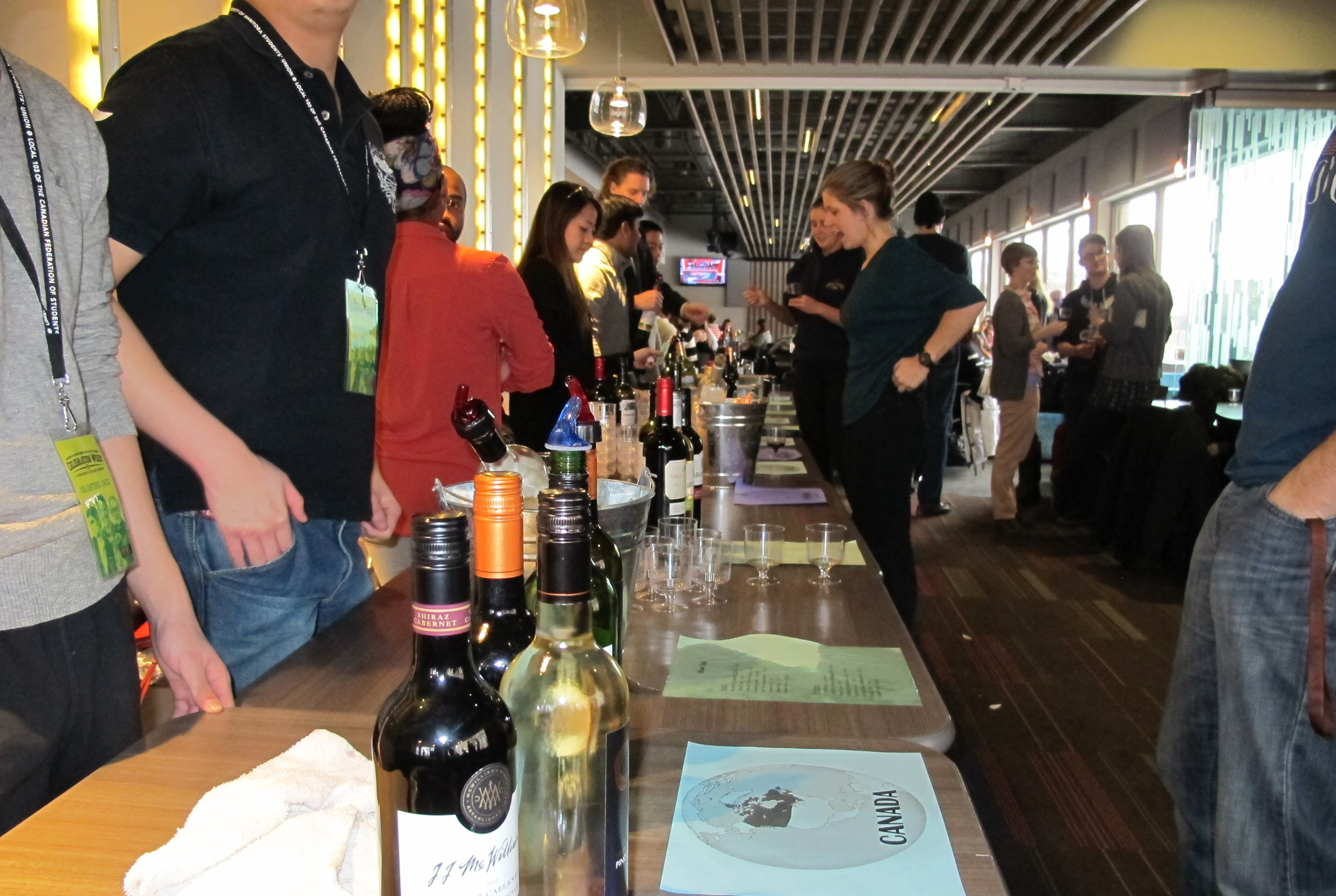In the world today, globalization affects peoples’ points of view, attitudes, mentalities, values and perspectives. The world is shrinking as the media, economic interrelations and politics treat our planet as if there were no borders. Nowadays, it is crucial to act as individuals who are aware of their surroundings and who give important consideration to the things, people and events that they cannot see.
Unfortunately, an international perspective is a gift that not everyone possesses. The international knowledge that one might have is acquired, but not everyone has the will and the state of mind needed in order to acquire such knowledge.
This knowledge is called “international awareness” and is something that can only be learnt. It is also providing people with interest and sensitivity for the events that occur around them, whether it is 24,000 miles away from them or in one’s own neighborhood.
To become a responsible, intelligent, sensitive citizen with broad contemporary international knowledge and world awareness, who views the world through openly rather than ethnocentrically, it is important to have a certain type of global perspective. Such knowledge is provided through the media and education, of course, but as well through traveling and interacting with other individuals who come from different political, cultural and economical systems and backgrounds.
A study by Robert Hanvey, a global educator, suggests five “global dimensions of global education,” namely perspective consciousness, state-of-the-planet awareness, cross-cultural awareness, knowledge of global dynamics and awareness of human choices.
Hanvey’s study deals with the difficult attainment of a perspective that “includes the diversity of ideas and practices in human societies, and how these ideas and practices are found in human societies around the world, including concepts of how others might view one’s own society as perceived from other vantage points.” An “understanding of the world as an interconnected system of complex traits and mechanisms,” and people seeing themselves as “global change-agents” are the results of global education.
This being said, attributing “global-awareness” qualities to a person directly inflicts on that person the responsibility of constant conscious awareness, understanding and decoding of a world that is a giant puzzle. Hanvey’s five global dimensions study gives a clear explanation on what one needs to do to be “globally educated,” and, in my opinion, the best way to acquire such education is through the media. Regardless of whether the media is biased or not, it is the fastest way to gain knowledge on what is happening all around the planet in a few seconds.
Despite the many ways to keep informed, many people decide to close their minds on the issues the rest of the world experiences and only concern themselves with what they can physically get in touch with and what personally concerns them. In fact, any member of a society should also be considered a member of the globe that is able to create an impact on the international scene through their own actions locally.
In order for this to happen, it is of extreme importance that an individual is educated in a way that reaches beyond his or her backyard. Regardless of culture or background, the level of interest that someone should have for other cultures’ political, social and economic issues goes hand in hand with the type of education and upbringing that individual receives.
Some people will never become interested in world issues. It is those types of people that slow down the increasing open-mindedness and capability of conflict resolution in the world by failing to see it as a multidimensional place and by ignoring the fact that even their little part of the world is the result of a bigger picture, that of global dynamics.
I consider myself to be aware globally and this makes me feel like I have an advantage over many globally ignorant people. It is fulfilling to perceive the world as an ever-changing and diversified place and to gain knowledge on current events. I believe it provides me with a better understanding on human behaviour and how and why the world is what it is today, and that I am better for it.
Sarah Khalil is the International Coordinator for the Manitoban.


